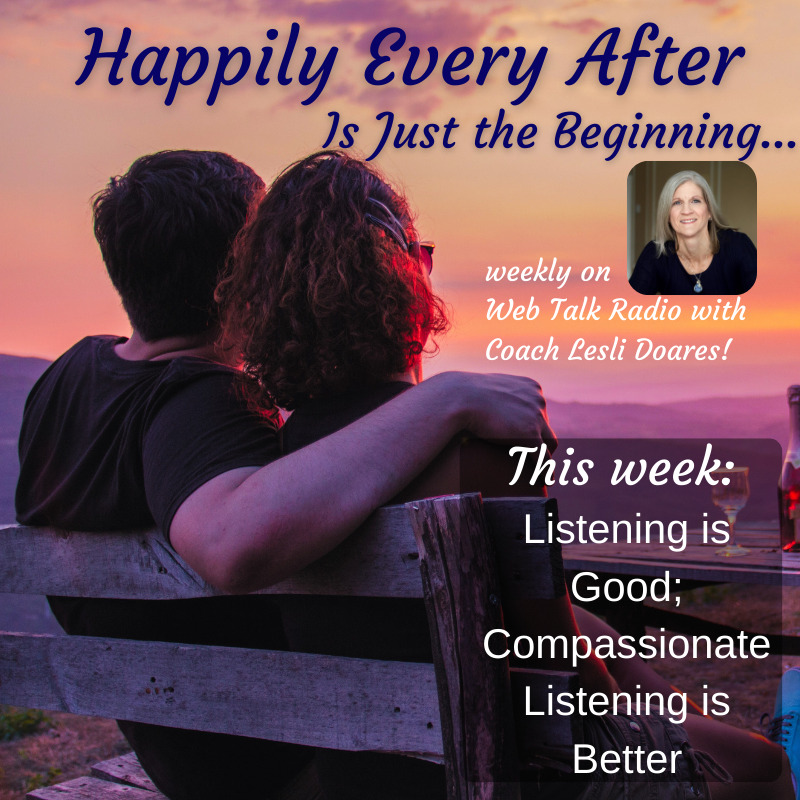Do you make your wife jump through hoops to get courtesy and compassion from you? If so, you’re putting your marriage in grave danger.
I was thinking about this during a session earlier today with my clients Todd and Susan (not their real names). She was hurt when he left her at the car as he walked with their two children to the restaurant where they had a dinner reservation. She was still gathering up the diaper bag and other child-related paraphernalia necessary for a public meal with children.
When she caught up with them, Susan made a comment about Todd “being a real gentleman.” Now, sarcasm is rarely helpful at times like this, but she once more felt like nothing more than the help. Todd explained he didn’t want to be late for the reservation. What Susan felt was that helping her wasn’t as important as how a stranger might view them for being a few minutes late.
Instead of acknowledging her feelings, he wanted her to justify why what he had done was so “bad”. He thought he was doing a good thing and she was overreacting.
As I listened to their story, I flashed back to two behaviors my father would engage in when my two sisters and I were fairly young.
Dealing Productively with Conflict Leads to Better Sex—Who Knew?
Movies and television shows frequently show couples in the heat of battle suddenly ripping each other’s clothes off and having mind-blowing make up sex. But I have a question—when was the last time that happened in your marriage? Yelling, name calling, and having your...
The #1 Reason You Can’t Set Boundaries with Your Wife
To paraphrase Robert Frost, good boundaries make good marriages. But in order to establish good boundaries, you have to be prepared for them not to be popular. At least at first. I can’t tell you the number of times I have heard a parent say to their misbehaving...
Why Doesn’t My Wife Respect Me?
You want your wife to be happy. You really, really do. And therein lies the difficulty. Her happiness is out of your control. Yes, you can do things that add or detract from her happiness, but the choice to be happy or angry or loving or frustrated is hers alone. You...
So there we would be, three small girls squirming and doing the “pee” dance in the car. Hoping to make it until Dad needed to stop. Knowing the reaction if one of us had an “accident”.
The second—when I would be upset and actually crying, Dad would say, “If you don’t stop crying, I’ll give you something good to cry about.” At five, I thought that was the stupidest thing I ever heard. I still do and swore those words would never come out of my mouth to my children.
Obviously, I thought I had good reason to cry. The fact my father didn’t said more about him than me.
Yes, my crying made him uncomfortable. He wouldn’t cry in that circumstance so I shouldn’t either.
But his not being hurt did not negate my hurt. The same is true of Todd and Susan. And for you and your wife. Trying to make it so only adds insult to injury.
As a child I had no recourse. As a spouse I do. And so does yours.
The appropriate response when your wife expresses hurt is to be compassionate. You don’t have to feel the same way about the same things. But expressing support and care for her feelings, even if you meant no harm, is the relational thing to do. It makes her feel seen, loved, and supported.
All things you want her to feel.
It is okay to ask for more clarification about the source of the hurt but only after her feelings are acknowledged. And then, it’s about gathering information about what matters to her not to make her defend her right to feel that way.
Oh, and she owes you the same courtesy. Your feelings and reasons for having them are not open for debate either. Acknowledging them is loving. Understanding them—meaning they must make sense to you—is not.
The fact that different things bother you is not the problem. How you handle these differences might well be.
And in marriage, you can never go wrong with compassion and courtesy.
If you’re tired of doing this dance with your spouse, schedule your 5 Star Relationship Call with me today.
Around the Web This Week

LISTENING IS GOOD, COMPASSIONATE LISTENING IS BETTER
Michael Gingerich and Tom Kaden, founders of Someone to Tell It To, explain both the differences and benefits of this type of listening.
ARE YOU MAKING YOUR SPOUSE DO THE “PEE” DANCE
understand them, instead of simply accept them, you leave them feeling unheard and unloved.









